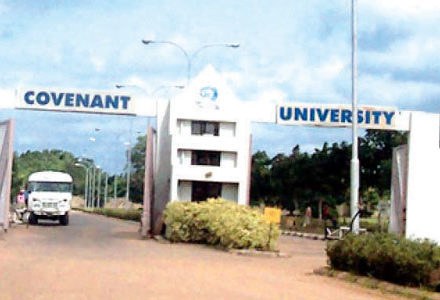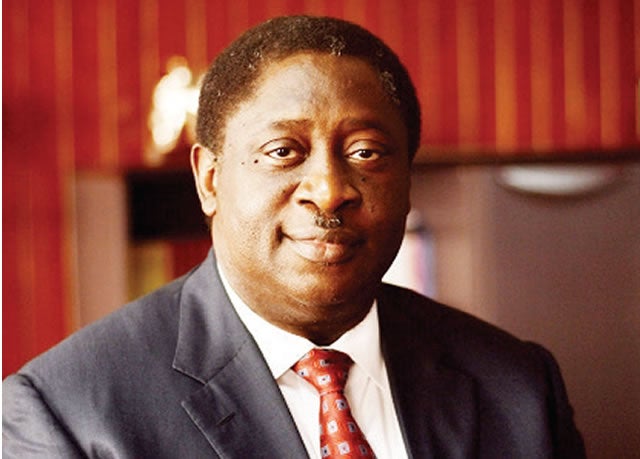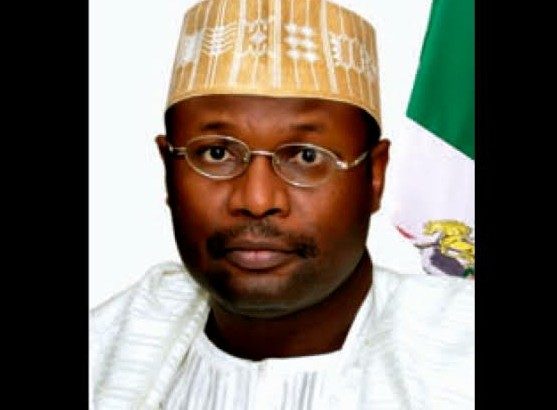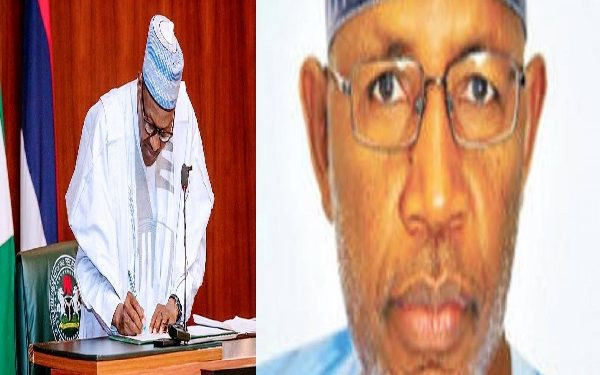A Professor of Economics and Development Studies, Covenant University, Ota, Johnathan Aremu, has said Nigeria’s trade policy is outdated and should be reviewed.
According to him, the review has become imperative to factor in the private sector and its growth for better economic development of the country.
Aremu spoke during Covenant University’s 20th Inaugural Lecture titled, “Sequencing and Negotiating Nigeria’s Regional and International Trade Agreements,” in Ota, Ogun.
The Professor posited that Nigeria’s trade policy was in need of urgent review that will usher in a policy which would “go beyond the traditional focus on tariffs and quantitative restrictions and changes in relative prices.”
He said: “We need policy that will create opportunities for the development of private sector and capture the deeper transformational and production issues in the economy.”
READ ALSO: Inmate Gives Birth to Twins in Calabar Prison
He also harped on the need for the country to develop and improve human, technical, financial and physical infrastructural resources to have sufficient capacity at the various negotiation levels so as to benefit from the regional and international trade agreements.
The Vice-Chancellor of the University, Prof. Aderemi Atayero,in his comments noted that the internal weakness in domestic economy like Nigeria could make a country disadvantaged in the multinational trade agreement.
He however stressed that development in international environment offered enormous opportunities for the achievement of National Macro-economic policy objectives when properly exploited.
“Considering the roles of international trade in the process of economic development as it became vital for Nigeria to review its existence trade policies to align to current regional and international trade realities,” he said.
The Chancellor of the University, Dr David Oyedepo, opined that Nigeria had not developed well due to lack of capacity, courage and character on the part of its leadership.
He called for improvement in the country’s capacity building through training people so that the nation could quickly respond to any trade opportunities in the international market.











